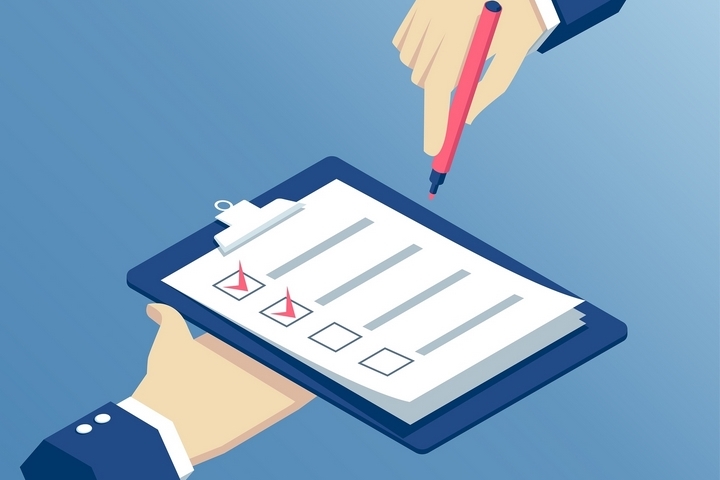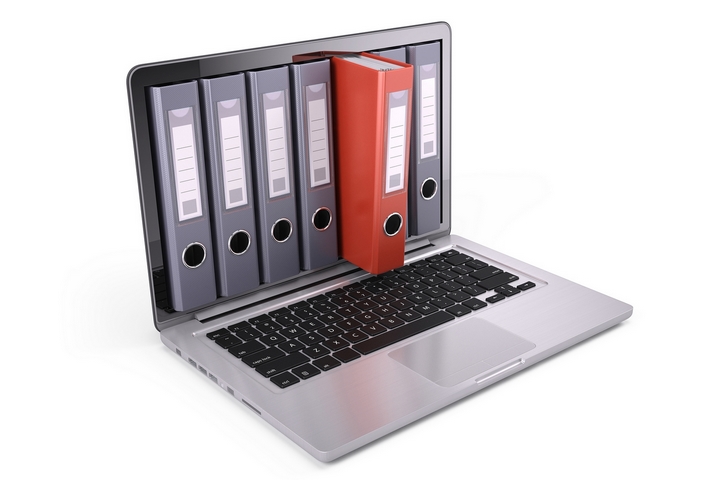We live in an age where there is a risk of our personal information being breached despite being careful. So, imagine when we actually share it; the danger will be higher. Things such as your NRIC information, your name and home address, phone numbers, email addresses and credit card information are always going to be vulnerable.
With certain measures, the risks can be reduced, but this is up to those who collect this information. If they don’t have good security measures, there’s really nothing you can do. Let’s take a look at how sharing your personal information can put you at a higher risk.
1. The Dreaded Survey

In Singapore (indeed, all over the world), you may have been approached by someone asking you for your time to participate in a survey. These are short surveys that won’t take up too much time and so you agree. You may be approached at MRT stations or shopping malls by someone who represents some company or organization. At the end of the survey, you are asked to divulge your personal information. Criminals are very aware of how these things work and so they target specific organizations in order to get personal information from their database. This may be used as identity theft or they can sell such information to others.
2. Are Lucky Draws Really Lucky?

You’ve probably done this yourself as you sit and read this, shaking your head. Organizations use lucky draws to collect personal information by having the general public fill in forms with their personal data. People do it because they are enticed by the possibility of winning attractive prizes. This information may or may not be passed to a third party. Even when it is collected, it may pass through several people before it is finally stored. Not only can criminals access this information, you never know if someone authorized may also steal this information. Did you know that many times, identity theft occurs in the office? Employees have access to personal information of clients and they have been known to steal it.
3. Entering Information When Visiting Friends

Have you ever been asked to enter your information when visiting friends in a condominium? This information is entered and remains in the book until it is time to get a new one. But what if the old book is not discarded properly? If it is just thrown in the garbage, someone looking for something like this will find a goldmine. Names and NRIC numbers will be neatly entered for them to make use of. Imagine how criminals feel when you go for a vacation for 2 weeks and left your front door wide open!
4. Phone Scams

Apart from email scams (we are all familiar with those scams from Nigeria), phone scams are another thing to be wary of. Scammers are good at what they do and pose as a member of staff of some reputable organization. Some of them can even make the caller ID look legitimate. It can even look like you are getting a call from Tanglin Police Station! Scammers get your information on some pretext and use it for sinister purposes.
Try being more careful in general. There are certain times when it is absolutely necessary to divulge personal information, such as to the government and other official purposes. You have to give information to your doctor. These things cannot be avoided. However, look out for scammers in emails and on the phone, no matter how legitimate. You can always call back to make sure if someone called from some office. Walk away from lucky draws and things like that, where you don’t really have to give information. This is why destroying your own documents when no longer needed is imperative. Businesses should use proper paper shredding methods to completely destroy personal data. Criminals can still target personal information, but the idea is to drastically reduce the risks.
